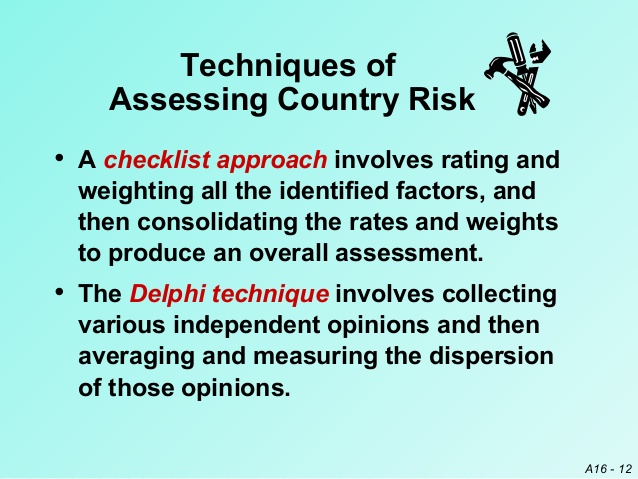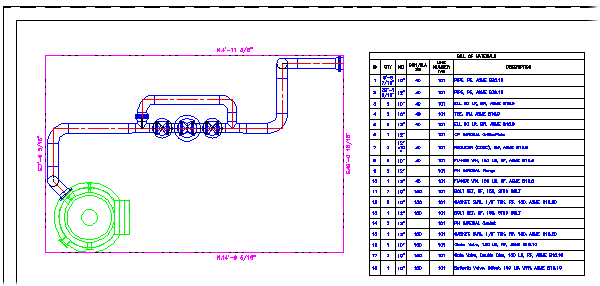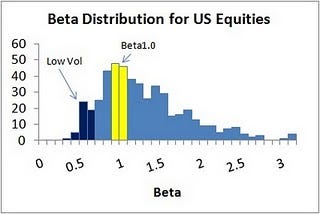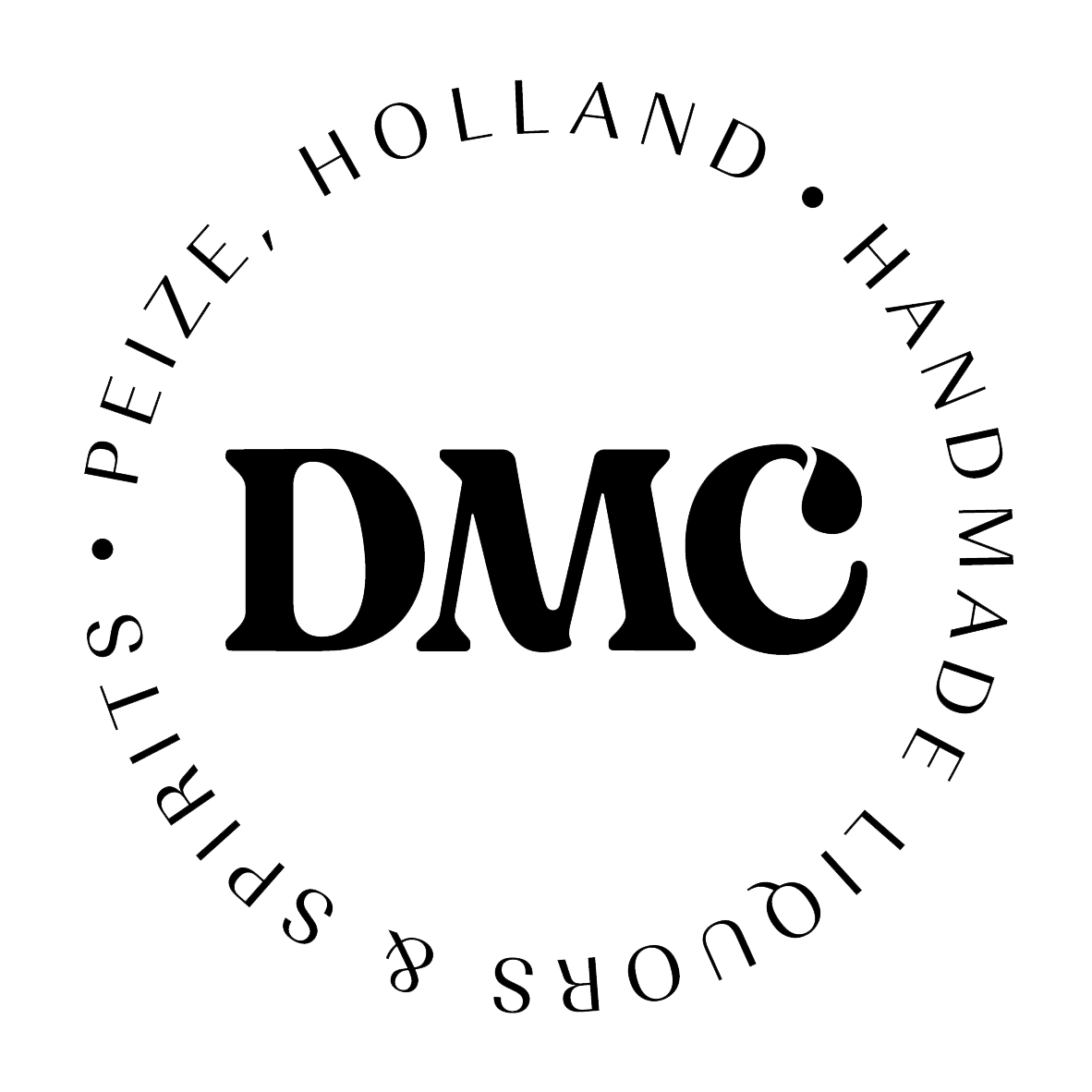Contents:


While some https://1investing.in/ require full or partial payment up front, a good deal of businesses operate by invoicing once a job is completed, which may be listed in documentation as arrears. Non-payment of allotment or call money by the applicants inspite of repeated reminders are called Calls-in-Arrears. The person who holds the ownership of the shares is called as Shareholders. The person who holds the ownership of the Debentures is called as Debenture holders. Show the journal entries needed to record the above transactions, including cash, and show how these appear in the balance sheet. A company’s capital reserve is not derived from its operations and therefore should not be used to evaluate the company’s financial health.

Such an interest is a charge on profits and has to be paid to the concerned shareholder even if there is no profit. It arrived separately in the balance sheet as the liabilities section on it. The interest rate must be paid to the shareholders, even if the company is not profitable. A company that shares and receives money upon such share application and further dues is known as share call money which can be arrears or advances. In accountancy, these two terms are essential to learning the making of a balance sheet. For example, an annuity transaction such as a mortgage may involve equal payments of $1,200 over a period of 30 years.
Benefits and Disadvantages of Paying in Arrears
Goodwill is an intangible asset that accounts for the excess purchase price of another company. He should see that the Articles authorize the company to give interest on calls in advance. He should see that they have not been treated as part of capital and are shown separately in the Balance Sheet. He should vouch the calls received in advance with counterfoils of the Receipt Book and entries in the Cash Book.

A call in arrears is the amount the defaulter shareholder calls up by the company, whereas the call in advance is the advanced amount received from shareholders in the company. While paying in arrears has numerous benefits from a payroll perspective, it can be a burden to employees who are stuck waiting to be paid for work they completed days or weeks before. Depending on the industry and type of work, choosing to pay in advance might make more sense than paying in arrears.
The different types of company accounts are asset, liability equity, revenue, and expense. Each of these account types has sub-accounts to record the details of transactions. When dividends are in arrears, there is usually a legal agreement between the preferred stockholders and the management that prevents the company from paying dividends to ordinary stockholders. Also, the company may be restricted from using cash during the period when the dividends are in arrears. Prepayments are Current Assets if they pertain to a period of less than or equal to 1 year after the Balance Sheet Date. If some amount, called in respect of a share, is not paid before or on the specific date fixed for payment, such amount which is not paid, is called “Calls-in-arrears”.
What are calls in advance?
Companies can charge interest on all such calls in arrears for the period that the amount remains unpaid. The total of calls in arrears is shown in the balance sheet as a deduction from the called-up capital. Calls in Arrears in Balance Sheet Such an amount of calls in arrears is shown in the liability side of the balance sheet by deducting from the called up capital.

The total amount of calls in arrears is deducted from called up capital in the balance sheet to arrive at the paid-up capital. The calls in arrears account always have a debit balance and they are shown in the balance sheet on the liability side. When the shareholder pays more money than called by the company on the shares held by him, the excess amount so received is termed as calls in advance. Further, the amount received in advance is a liability for the company and so it is indicated separately at the liabilities side of the balance sheet and not included in the capital. In contrast, when the company issues notice to all the shareholders regarding the payment of allotment or call money due on the shares, it needs to be paid within the specified time. Suppose, one or more shareholders fails to pay the amount called by the company, the amount unpaid by the shareholders becomes calls in arrears.
Answer in one sentence only. What is Calls-in-Arrears? – Book Keeping and Accountancy
If the call remains uncalled until making a balance sheet, then it should be displayed as a separate item on the other side of the balance sheet as liabilities. Further, the interest on call in advance should be calculated between the time of call money is received and the date of due payment. Under the first method, the company does not need to open a Calls in Arrear account, and can just credit the actual amount received from shareholders to the call account.
Besides, the directors of the company have the right to waive payments of such interests in part or whole. Under this method, the company opens Calls in Arrear A/c and debits the same when some amount of allotment or calls is not received. And once the company receives the amount in arrear, the Bank A/c is debited, and the Calls in Arrear A/c is credited. An arrears swap is preferred by speculators who predict the yield curve and receive interest payments at the end of the coupon period.
Auditor’s Duty as to Calls in Arrears
The payment may also be referred to as a singular arrear not classified as a late payment. Other examples of payments in arrears include postpaid phone service, postpaid water bills, postpaid electricity bills, property taxes, etc. All moneys up to allotment were duly received, but as regards the call of Rs 25, a shareholder holding 100 shares did not pay the amount due. Another shareholder who was allotted 150 shares paid the entire amount of the shares. In this article we will discuss about the accounting entries for call-in-arrears and calls-in-advance, explained with the help of an illustration.
- When a company receives such an amount, it needs to credit it to the calls-in-advance account.
- Accounting is the system of recording financial transactions in the form of financial statements.
- The paid dividends will be recorded as a short-term liability in the balance sheet.
- No extra voting rights are given to the shareholder who pays calls in advance.
- Eligible customers would receive a $25 monthly credit toward current water bills with any arrears suspended for one to two years.
It occuwhat is call in arrears when the company delays in paying the cumulative dividends to its preferred stockholders by the agreed date. Preferred stockholders are a type of stockholders that must be paid regardless of whether the company makes profits or not. Under this method, we transfer the unpaid amount to Calls-In-Arrears Account. As a result, Shares Allotment Accounts and Shares Calls Accounts will not show any balance. The Calls-in-Arrears Accounts will show a debit balance equal to the total unpaid amount on allotment and calls. If the Articles of the Company are silent about the rate of interest on calls-in-advance, then rate of interest is 6% p.a.
Calls in Advance Journal Entry
12% p.a rate of interest is charged on these calls in advance, and the company’s article agrees. The amount of calls in advance is 12%, and the interest has to be paid to the shareholder, even if the company has not made any profit or earned any profit. The largest benefit businesses reap from paying in arrears is maintaining accurate payroll and bookkeeping numbers. Before issuing paychecks, accounting departments are able to factor in employee circumstances such as paid and unpaid time off, tips, commissions and overtime. Having the correct numbers to work with ends up saving businesses both time and money in the long run, since errors are less likely to occur.
For example, an annuity transaction may involve equal payments of $300 over a period of 10 years. Payment in advance is made before the actual service has been provided. An example of a payment in advance is rent, which is paid at the start of the month. If a tenant fails to honor the payment at the start of the month and makes the payment one month later, the payment is said to be one month in arrears.
- United Limited was registered with a nominal capital of $500,000 in shares of $100 each.
- An annuity is a transaction that occurs in equal intervals and in equal amounts over a defined period of time.
- If such an amount, which has not been called, is received, the amount should be credited to a separate account known as the calls in advance account.
- Learn accounting fundamentals and how to read financial statements with CFI’s free online accounting classes.
When a company receives such an amount, it needs to credit it to the calls-in-advance account. When calls are made upon shares allotted, there is a liability of shareholders holding the shares to pay the call money within the date fixed for such payment. If any shareholder makes a default in paying the call money within the appointed date, the amount which is not paid, called Calls-in-Arrear. If any amount that is called in respect of a share is not paid before or on the date fixed for payment, such an amount is known as calls in arrears.
But this amount which is not called should not be credited to Capital Account. A company may pay interest on such amount received in advance at the rate of 6% p.a. The amount so received will be adjusted towards the payment of calls as and when they become due. The company can charge interest on all such calls in arrears for the period the amount remain unpaid at the rate of 5% p.a.
Ethiopia expects Sudan to pay arrears for electric utility – borkena.com
Ethiopia expects Sudan to pay arrears for electric utility.
Posted: Thu, 23 Mar 2023 22:47:07 GMT [source]
No extra voting rights are given to the shareholder who pays calls in advance. Calls in Arrears are deducted from the called-up capital to determine paid-up capital. Learn accounting fundamentals and how to read financial statements with CFI’s free online accounting classes.



